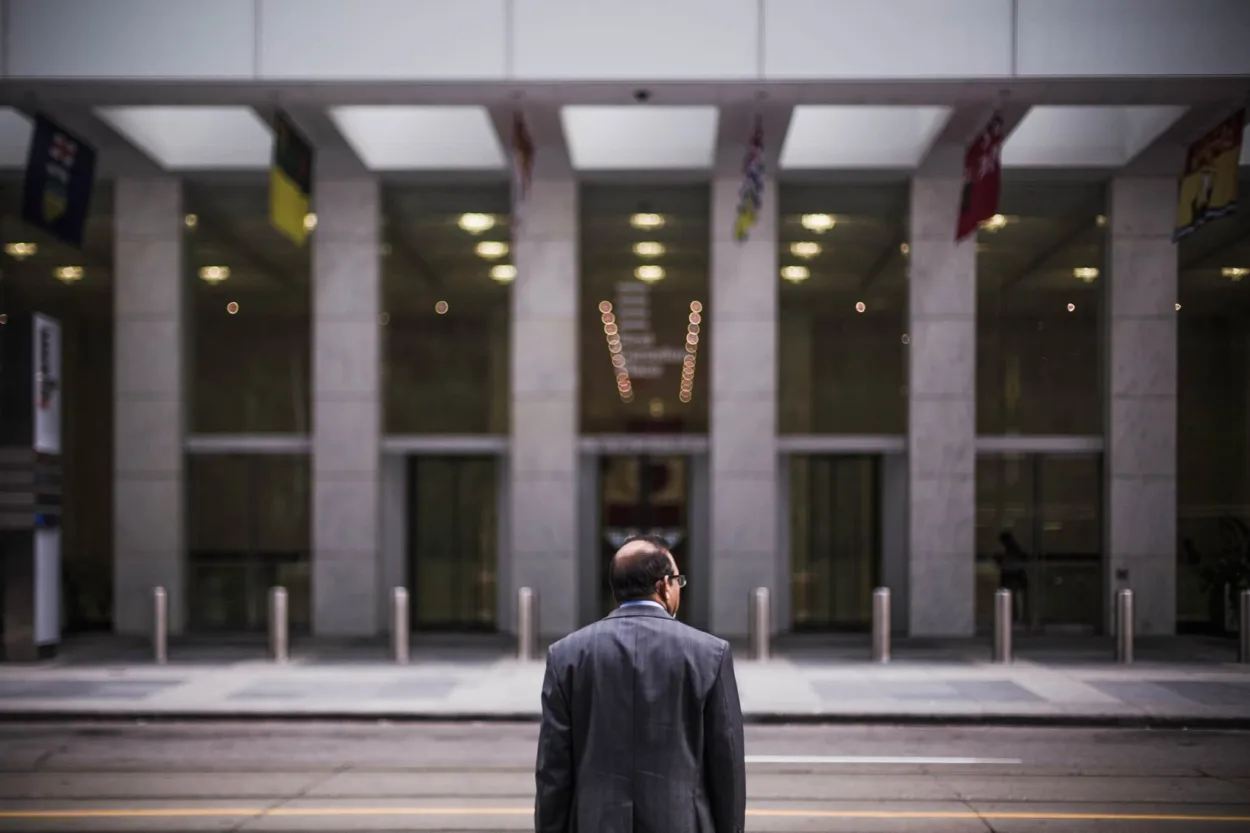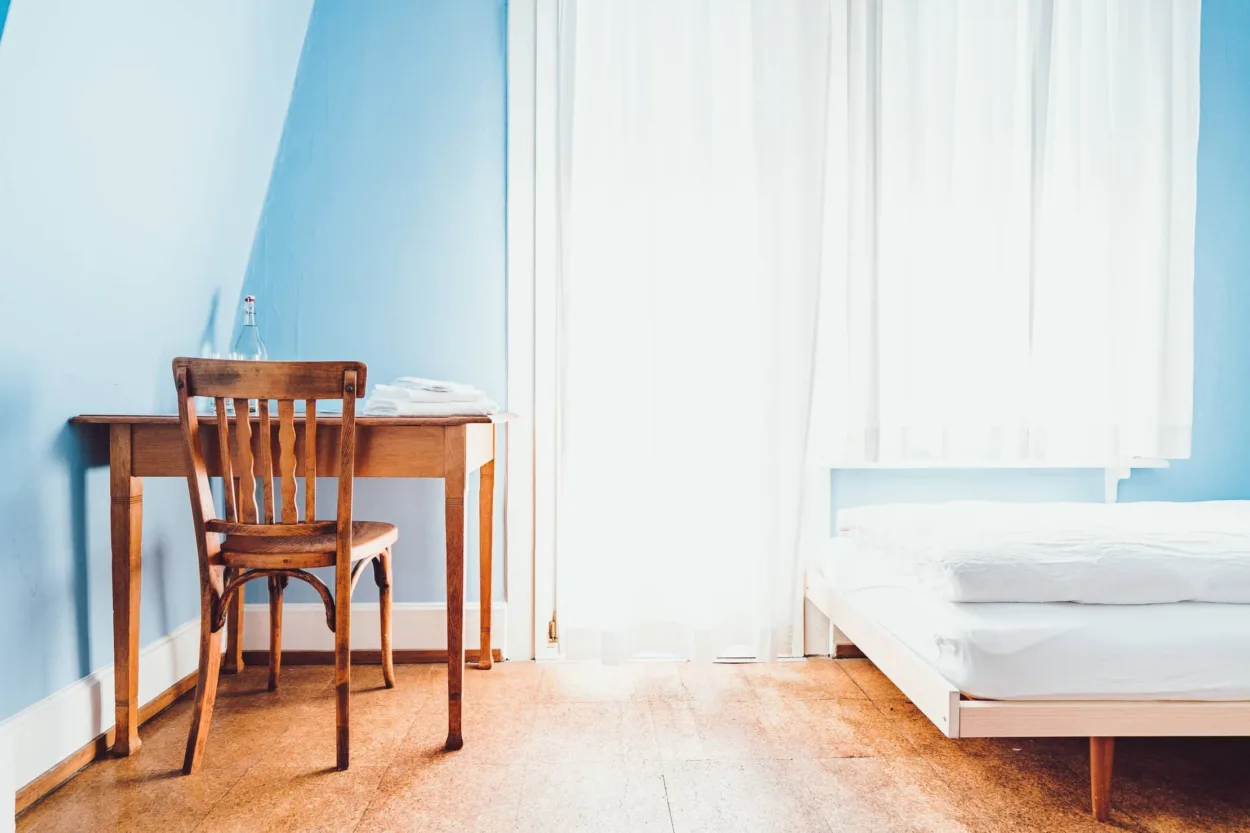
Do you ever feel like everyone is watching you, waiting with criticizing remarks? Or do you avoid events that could potentially involve having conversations with new people? Feeling like you’ll be watched, judged or embarrassed in social settings is a common experience. It’s called social anxiety.
Do I have social anxiety?
Social anxiety disorder, or social phobia as it’s called in clinical circles, is a mental health condition that is characterized by extreme fear and nervousness in social situations. While many people experience feeling anxious around others from time to time, when a person is diagnosed with a social phobia, he or she will take extraordinary measures to avoid the discomfort that comes with social events.
If you have social anxiety you may be experiencing the following symptoms.
- worry about embarrassing yourself
- fearing that others will notice your anxiety and say something
- fearing that you’ll be left out of disliked
- fearing that you’ll be incapable of something you’ll be asked to do
- worrying that you’ll be the center of attention for a negative reason
- struggling to have conversations with strangers or people you know
- avoiding situations that could lead to fear or worry
- self-isolating
- intense worry leading up to an event
- trying to get out of social occasions
- over-analyzing your actions and conversations afterward
- fearing that the worst will happen
- judging yourself for how interactions go
These symptoms can result in severe avoidance behaviors that make living a normal, full life feel impossible.
How to differentiate between social anxiety and normal nerves
Here are a few ways to answer the question: “do I have social anxiety?” if you’re feeling unsure.
1. Social anxiety disrupts daily life
Social anxiety is something that disrupts daily living and makes necessary tasks feel impossible, like ordering food at a restaurant or talking out loud in a meeting at work. While people without social anxiety may feel nervous leading up to a work presentation, anxiety that isn’t clinical anxiety can typically be overcome.
2. Social anxiety occurs in more than one setting
Have you ever felt nervous going to a party with new people? Do you feel the same type of unease at family parties, work, hanging out with friends or interacting with strangers? While some people may feel at ease in locations that are more familiar, social anxiety causes unrest no matter where you go.
3. Insecurity
If you find yourself in high-stakes settings, like a demanding job, an important interview or a momentous life moment like a proposal, it’s normal to feel some underlying worry or fear. However, this fear is often a result of your surroundings. Fear that is connected to social anxiety typically stems from a person’s self-concept. It’s the feeling that you aren’t capable, deserving, attractive, smart and so forth.
What causes social anxiety?
Social anxiety is a complex disorder and there are varying theories of how it develops. According to Mayo Clinic, anxiety disorders can be the result of the following factors.
- genetic traits: anxiety tends to run in families, although there isn’t one specific gene that is responsible and not all family members will be affected
- brain structure: the amygdala is the section of the brain that is responsible for responding to fear, and many people with anxiety have a heightened fear response
- environment: a person’s upbringing or experiences in childhood or adulthood can contribute to social anxiety. Moreover, a condition that is visible to others can result in insecurity and fear
- temperament: personality traits may mean a person is more or less likely to develop a fear of social situations
If you’re wondering what causes social anxiety and want an answer that is specific to your personal history and experiences, it’s best to consult a therapist. In therapy, you can discover the root sources of maladaptive behavior. That way, you can work to heal a mental health disorder from the inside out.
What social anxiety disorder treatments are there?
In order to address a social phobia, the first essential step is getting an accurate diagnosis. A mental health professional can assess your symptoms, run tests to rule out whether distress is caused by something else and determine a route for treatment.
Once you have received an assessment and diagnosis, treatment generally includes therapy and sometimes medication.
Therapy
There are many types of therapy that are used in social anxiety disorder treatment. Psychotherapy, or talk therapy, is perhaps the most common. Cognitive behavior therapy is a form of psychotherapy that teaches a person to alter negative thinking patterns into more constructive ones.
Exposure therapy is also a common treatment for social anxiety disorder. It allows a person to encounter fears in a controlled environment and practice healthy responses.
Medication
If therapy alone proves to be ineffective or slow progressing, medication is typically added to a treatment regimen. Anxiety medications include antidepressants, beta-blockers and anti-anxiety medications like benzodiazepines. In treatment, you’ll work with a psychiatrist to determine the best medications for you.
Social anxiety disorder treatments
If you have experienced intense fear or worry when interacting with others, it’s likely you’re wondering how to deal with social anxiety so you can get your normal life back on track. There are numerous tips you can find online, like learning relaxation techniques, growing in confidence and finding social support.
While all these tools and more are useful, the best course to heal from social anxiety and feel good about yourself is to find personalized help. Only a mental health professional who has taken the time to learn about you, your symptoms and your goals for yourself can provide individualized expertise.
If you’re ready to overcome social anxiety and aren’t sure where to look, check out our treatment programs at The Light Program. Compassionate and caring professionals want to see you thrive and can help you get there. Call now.





